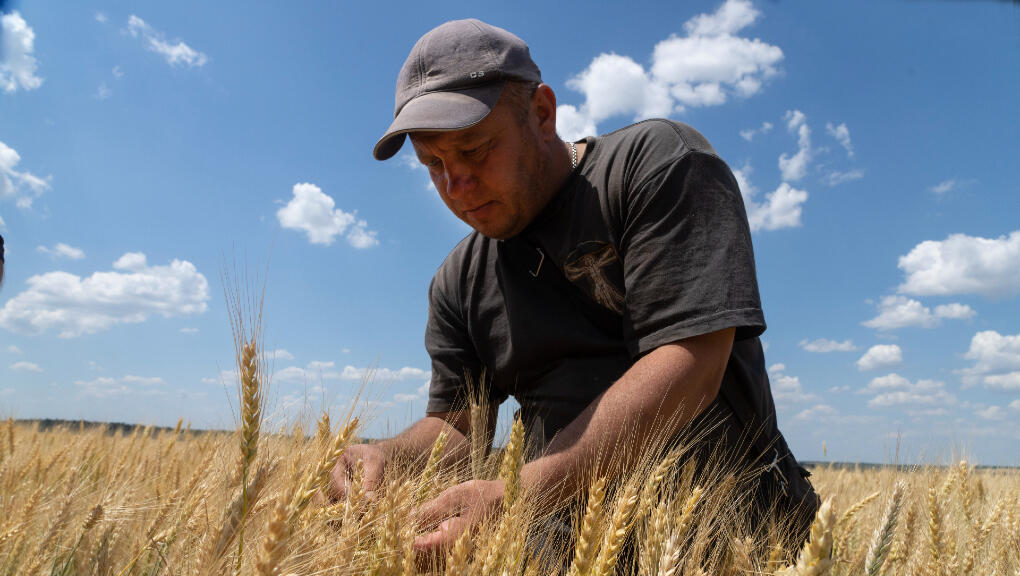First modification:
The Russian government acknowledged this Sunday, July 24, that it perpetrated the attack against the port city of Odessa, although it assures that it targeted military infrastructure. Moscow launched the attack just a day after signing an agreement to unblock the ports and allow the export of Ukrainian grain. The latest action calls into question the effectiveness of the pact reached with the mediation of the UN and Turkey.
Russia continues its attacks on Ukrainian ports, threatening the deal to unblock grain exports from the Black Sea and alleviate global food shortages caused by the war.
The spokeswoman for the Russian Foreign Ministry, Maria Zakharova, acknowledged this Sunday, July 24, an attack by her troops in the port of Odessa, in southern Ukraine, which occurred a day earlier.
According to Moscow, its Army launched high-precision missiles against military targets.
“Kalibr missiles destroyed the military infrastructure of the Odessa port, sending a Ukrainian military ship in the preferred direction of the kyiv regime in a precision strike,” Zakharova said.
The Russian Defense Ministry later noted that, in addition to the Ukrainian warship, the ramming hit an arsenal that included US-supplied Harpoon anti-ship missiles.
However, the new aggression has received international condemnation after leaving several people injured.
“Unfortunately, some people were injured and the port infrastructure is damaged,” said the region’s governor, Maksym Martchenko.
The Ukrainian president, Volodymyr Zelenski, described that bombing as an act of “barbarism” that shows that Russia cannot be trusted to implement the agreement that seeks to resume the export of Ukrainian grains, signed on Friday, July 22, with the mediation United Nations and Turkey.
Is the agreement for the export of Ukrainian grains in danger?
While the kyiv Army said that the recent assault on Odessa did not affect the grain storage area, the attack shows that it will not be easy to implement the agreement to resume the export of grain through Ukrainian ports.
The pact signed on July 22 provides that the ships that leave with grains from the ports of the Black Sea they would be inspected to make sure they are carrying these foods and fertilizers and not weapons. It also establishes safe passage for those vessels.
In addition, diplomats involved in the process to reach the deal said last week that the plan includes a provision for Ukrainian ships to guide ships carrying grain through port waters with Turkey, to allay Russian concerns that they could carry arms to kyiv.
But it is not clear under what criteria Moscow would determine that any of those vessels pose a threat or contain artifacts to Ukrainian defenses.

Currently, some 20 million tons of grain are stuck in Odessa and dozens of ships have been stranded by the war launched by Moscow on February 24.
Some of those products are now shipments across Europe by rail, road and river. However, that quantity is small and insufficient compared to those that were transported by sea routes before the offensive.
Ukraine could export up to 60 million tons of grain in eight to nine months if its ports were not blocked due to the conflict, economic adviser to the Ukrainian Presidency Oleh Ustenko said.
“But with the way they are opening up now and what Russia is doing in the Black Sea, yesterday’s attack shows that it definitely won’t work that way,” Ustenko said.

If its ports are not working properly, the country would need 20-24 months to export those volumes, the official added.
The Ukrainian territory is one of the world’s largest exporters of wheat, corn and sunflower oil, so hopes are pinned on the agreement to alleviate the global shortage of these foods that has driven up prices.
With Reuters and AP



